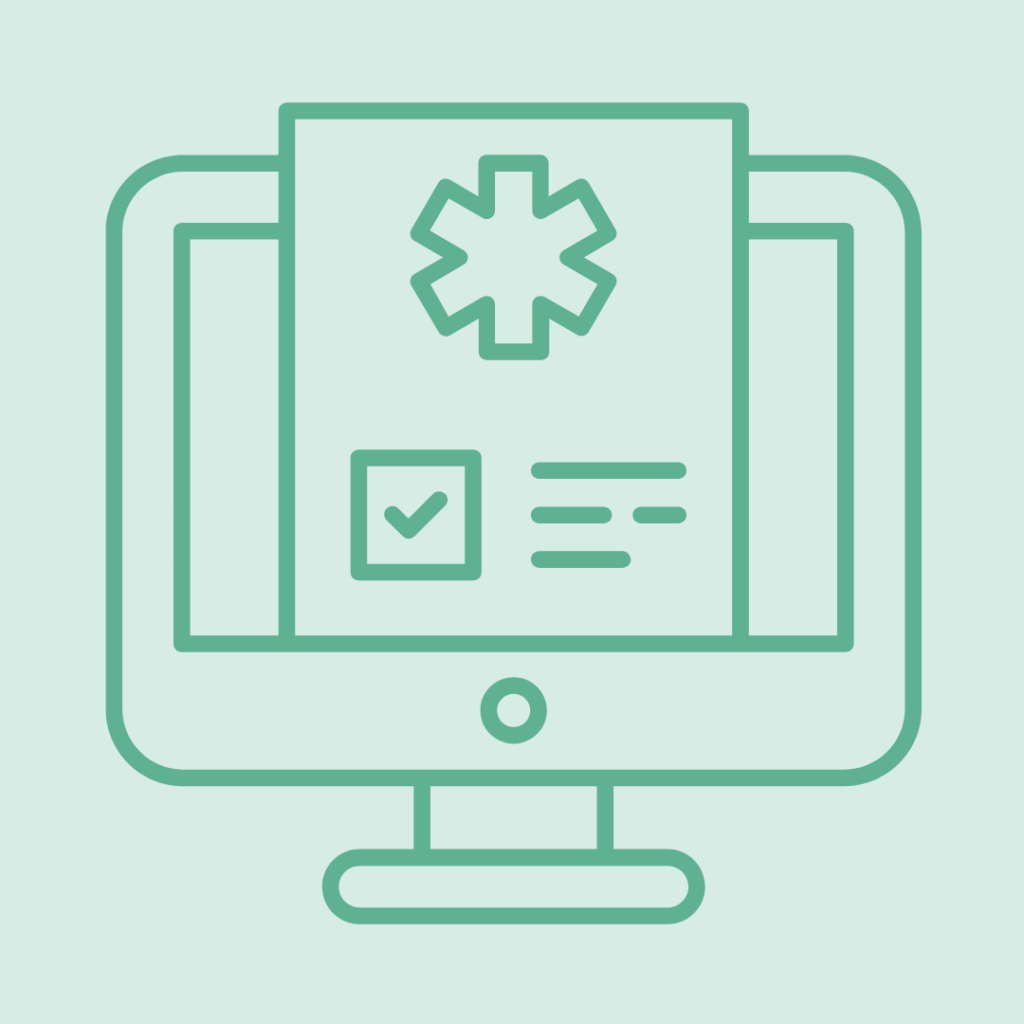Nausea or Morning Sickness treatment
6am - midnight, 7 days a week
Accessible from anywhere in Australia.
eScript in minutes
Medication delivery

What is nausea and morning sickness?
Nausea is a sensation of discomfort or queasiness in the stomach, often leading to an urge to vomit. Morning sickness is a type of nausea that commonly occurs during pregnancy, particularly in the first trimester. While nausea can result from various causes, morning sickness is generally linked to hormonal changes during pregnancy.
Nausea or Morning Sickness Treatment Options

Online Prescriptions
- For when your script has run out
- Script sent to your phone
- Doctor approved

Telehealth Consultations
- When you need to speak to a doctor
- Online, Video & Phone Call or Message
- Fast access to medical advice
Medical Certificates
- For when your script has run out
- Script sent to your phone
- Doctor approved

Nausea or Morning Sickness Symptoms
Symptoms can vary but may include:
- A persistent feeling of queasiness or upset stomach
- Increased saliva production
- Loss of appetite
- Vomiting (in some cases, frequent or severe)
- Sensitivity to certain smells or foods
Understanding Morning Sickness
Explore the causes, symptoms, and complications related to morning sickness.
Morning sickness is commonly caused by hormonal changes during early pregnancy, especially increased levels of human chorionic gonadotropin (hCG) and estrogen. Other contributing factors include heightened sensitivity to smells and a more sensitive digestive system.
Symptoms typically include nausea and vomiting, especially in the morning, but they can occur at any time of day. Some people may also experience food aversions, fatigue, or dizziness, usually between the 6th and 14th weeks of pregnancy.
While morning sickness is usually mild, severe cases (hyperemesis gravidarum) can lead to dehydration, weight loss, and nutritional deficiencies. In such cases, medical intervention may be required to ensure maternal and fetal health.

Need a Specialist Referral?Get Yours in a Few Simple Steps!
Skip the long clinic waits and get referred to a specialist in minutes. The process is fast, secure, and simple.
- Quick access to specialist referrals – no in-person appointments needed
- Telehealth consultations with trusted, licensed doctors
- Fast, reliable service – referrals sent directly to your chosen specialist
- Convenient and affordable healthcare from your home
- No hidden costs – just simple, upfront pricing
Frequently
Asked Questions
Morning sickness usually begins around the 6th week of pregnancy and tends to peak between weeks 9 and 12. For most people, symptoms gradually improve by the second trimester, often subsiding by the 16th to 20th week. However, some may experience nausea and vomiting throughout their entire pregnancy.
Symptoms include nausea, occasional or frequent vomiting, and aversion to certain smells or foods. For some, these symptoms are mild, while for others, they can be severe and disruptive to daily life.
Mild to moderate morning sickness is generally not harmful to the baby. However, severe cases, known as hyperemesis gravidarum, can lead to dehydration, malnutrition, and weight loss, which may require medical intervention to protect both the mother and baby.
Hyperemesis gravidarum is a severe form of morning sickness that involves persistent and excessive nausea and vomiting. It can result in significant weight loss, dehydration, and electrolyte imbalances. This condition requires medical attention and may involve treatments such as IV fluids, medications, or nutritional support.
Managing morning sickness often involves dietary and lifestyle changes, such as eating small, frequent meals, avoiding strong odors, and drinking fluids to stay hydrated. Ginger, vitamin B6 supplements, and acupressure wristbands may also provide relief. In more severe cases, a healthcare provider may recommend anti-nausea medications that are safe during pregnancy.
Yes, there are safe and effective medications for managing morning sickness, such as doxylamine and vitamin B6 combinations. In severe cases, prescription anti-nausea medications may be recommended. Always consult a healthcare provider before taking any medication during pregnancy.
While it cannot always be prevented, certain strategies may reduce the likelihood of severe symptoms. These include eating a balanced diet before and during pregnancy, managing stress, and avoiding known triggers such as strong smells or specific foods.
